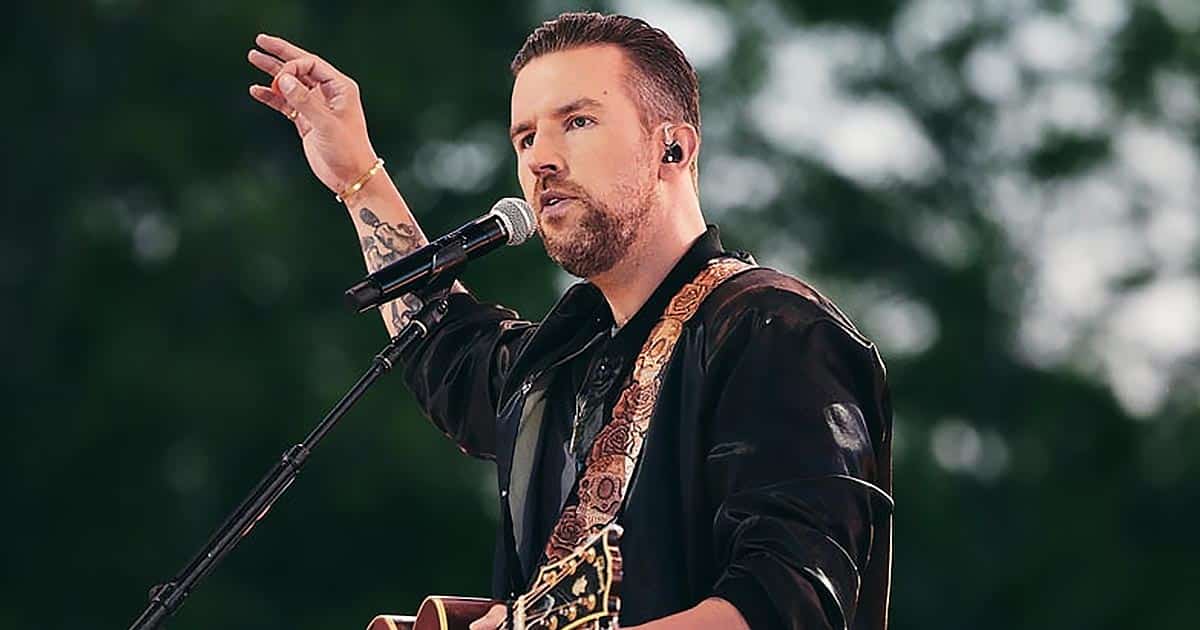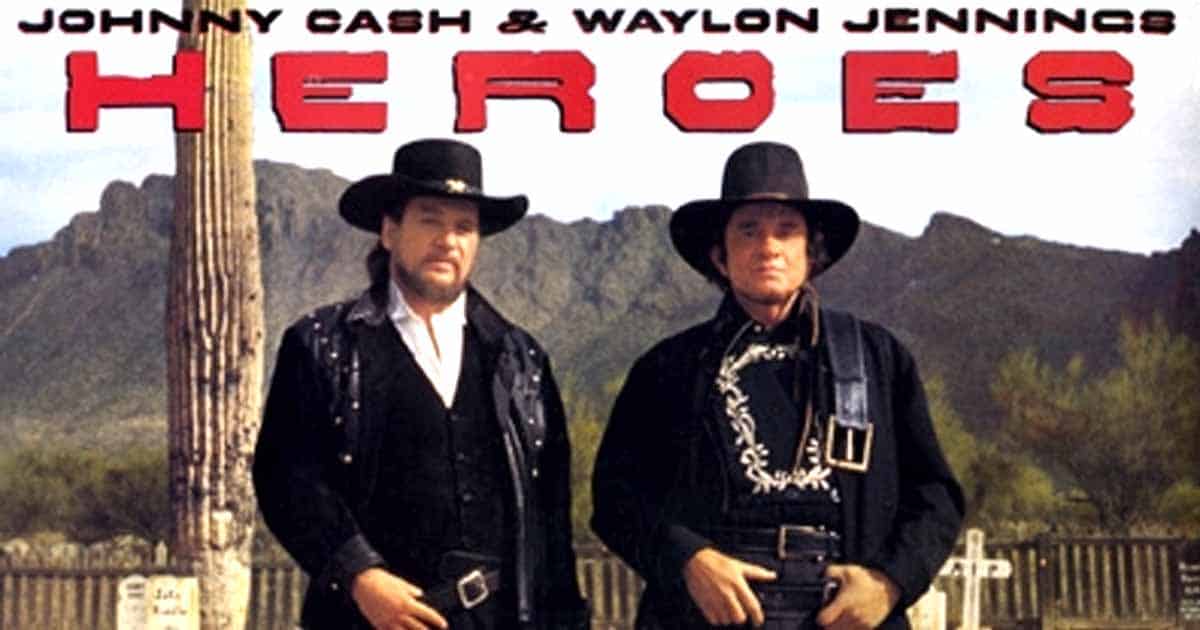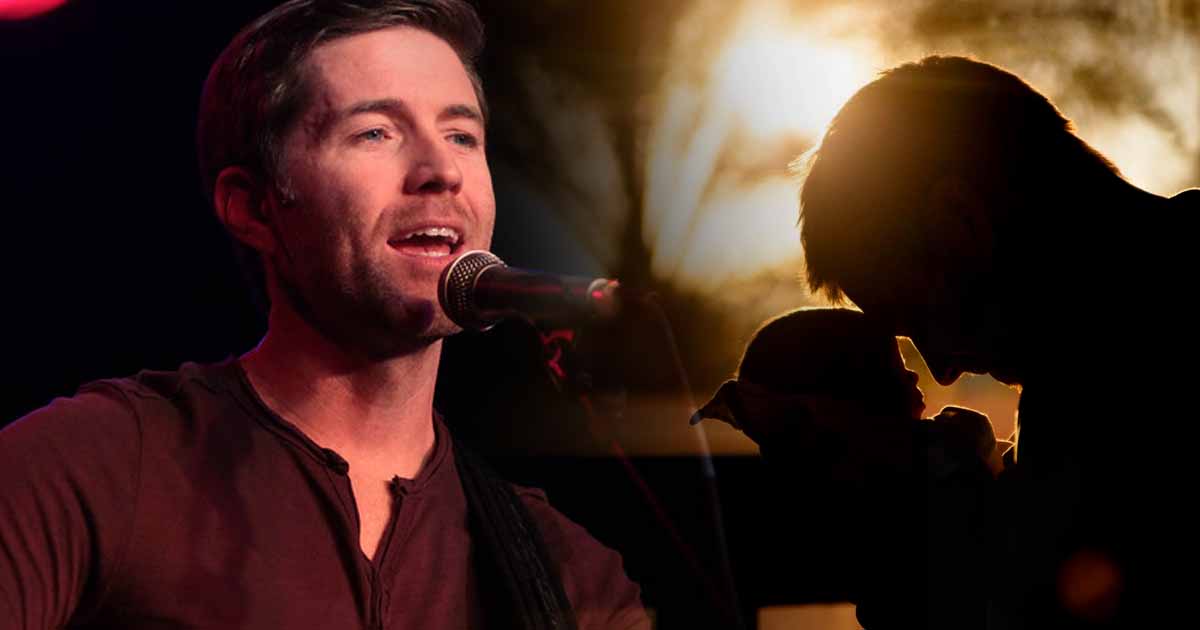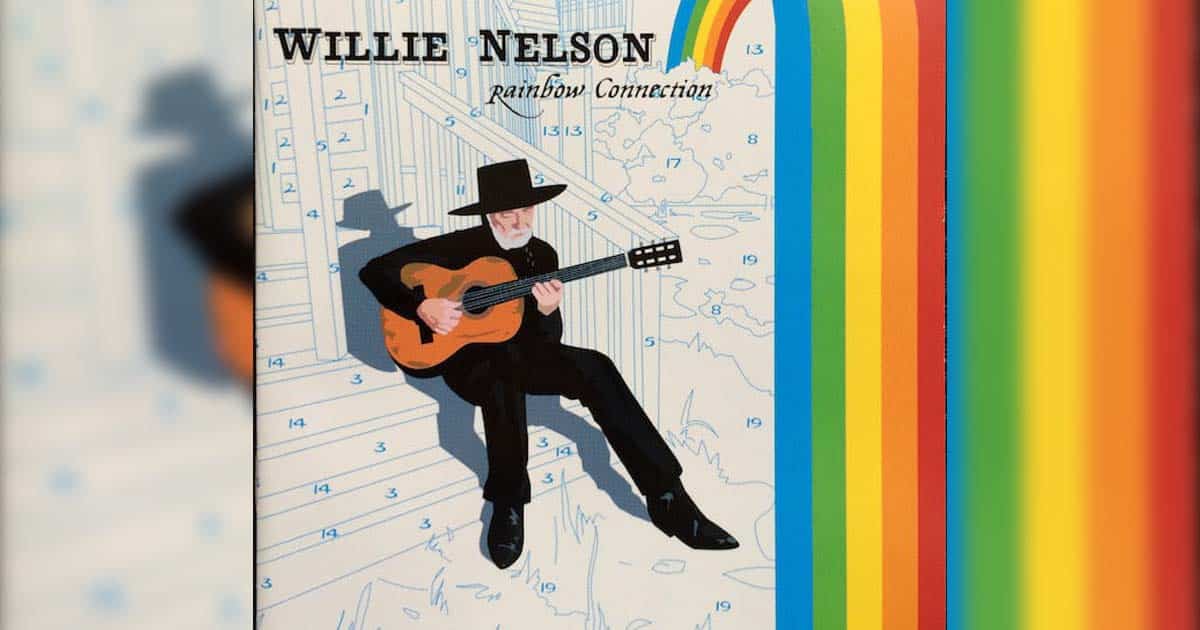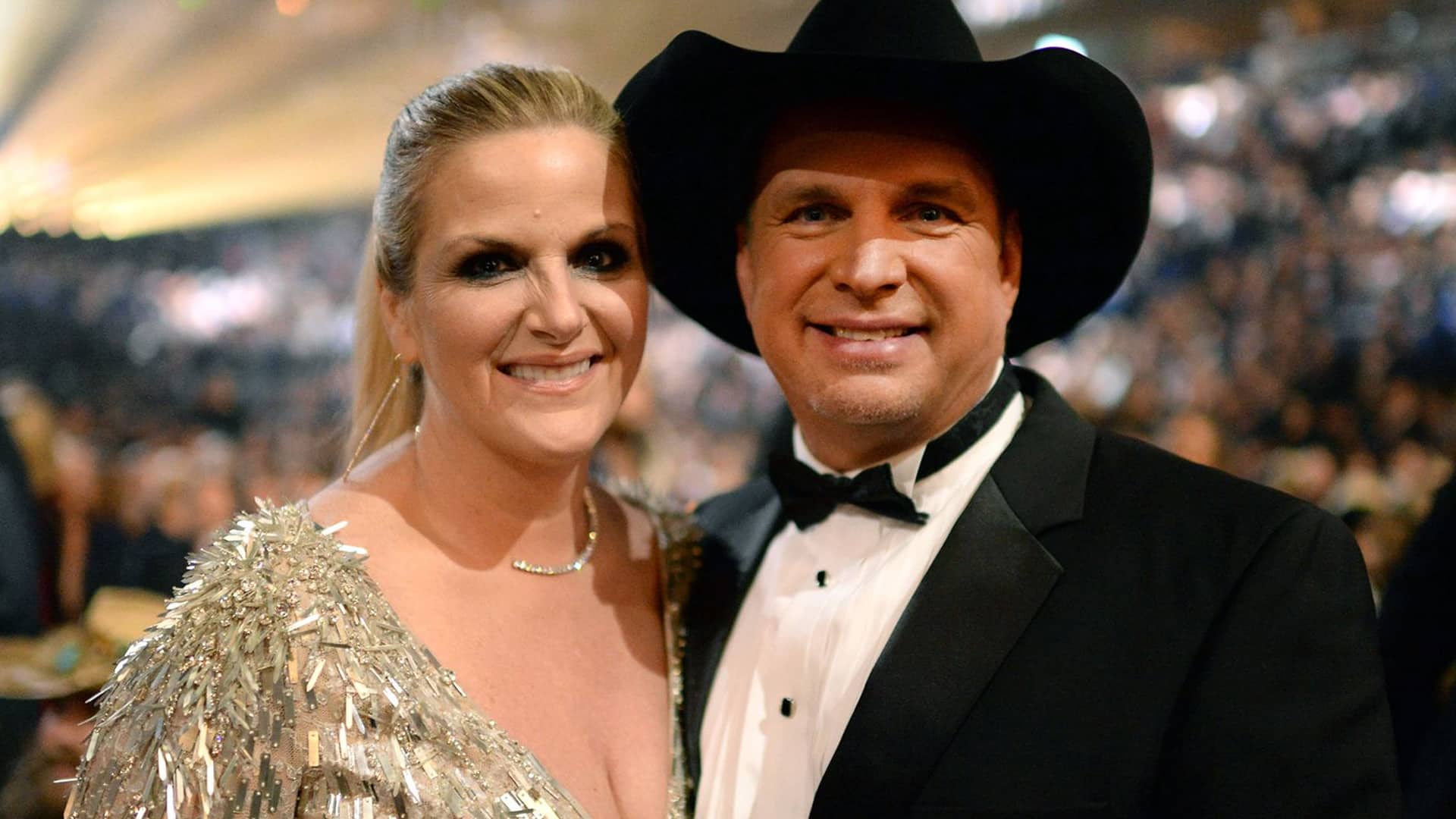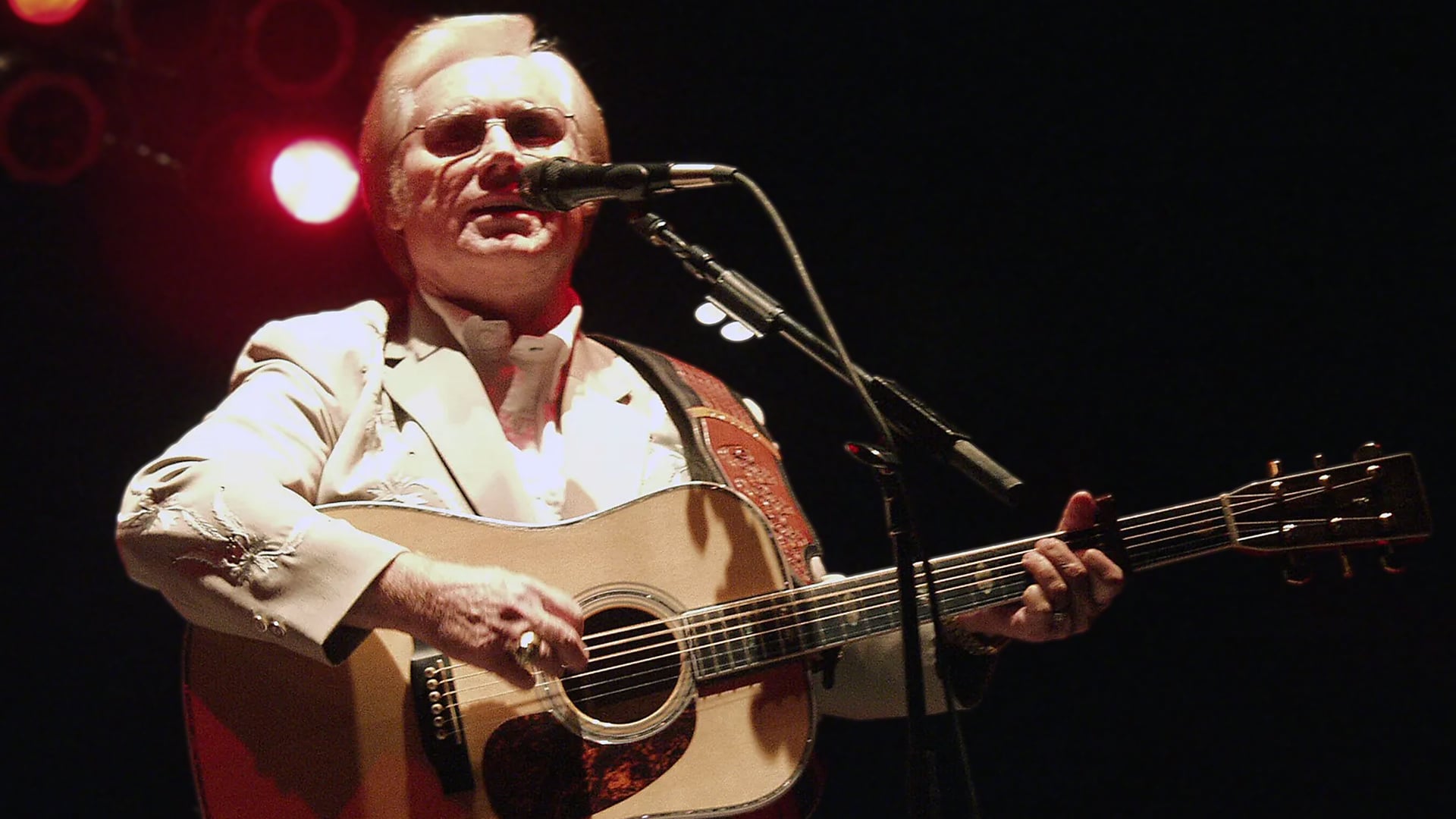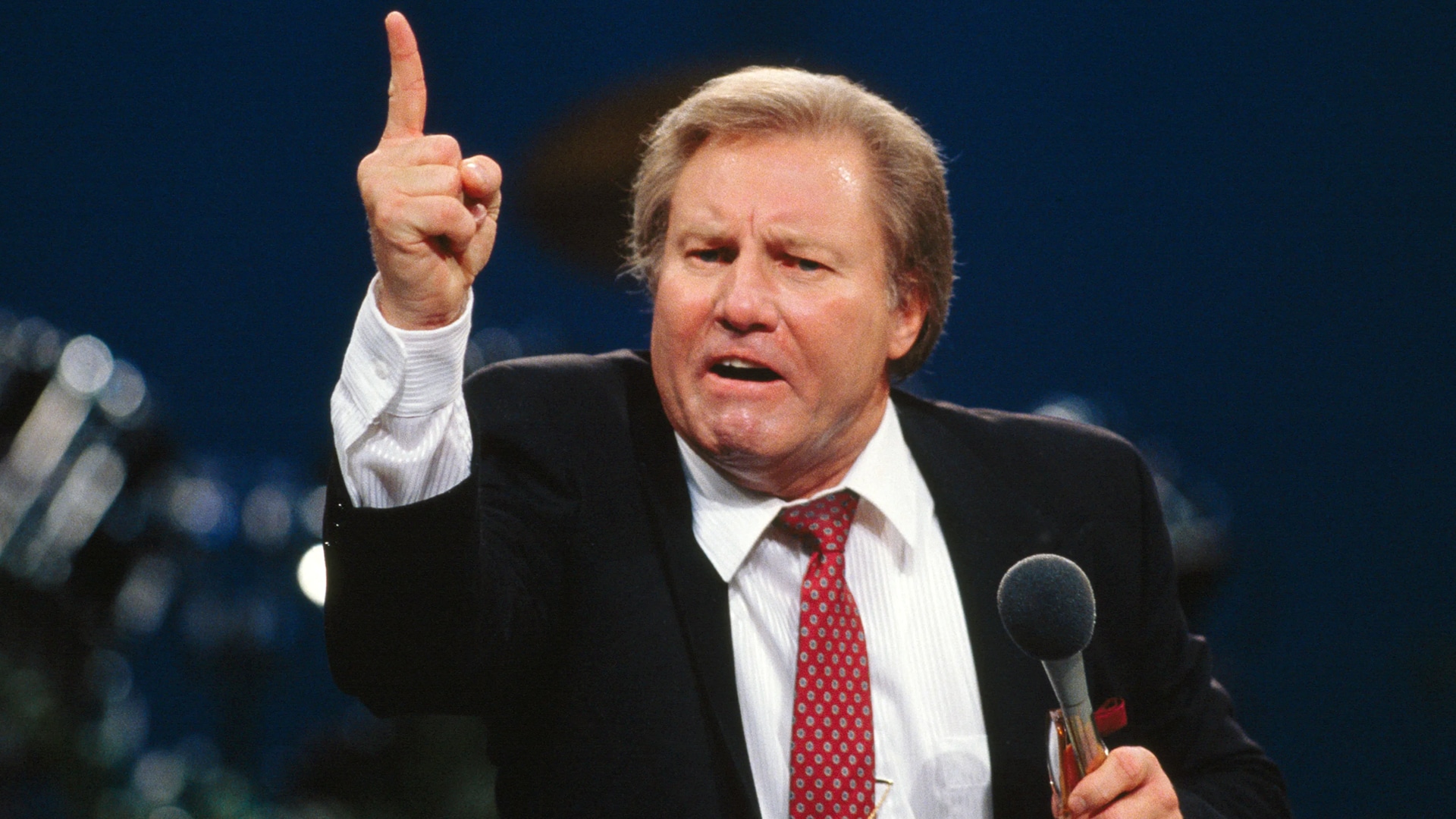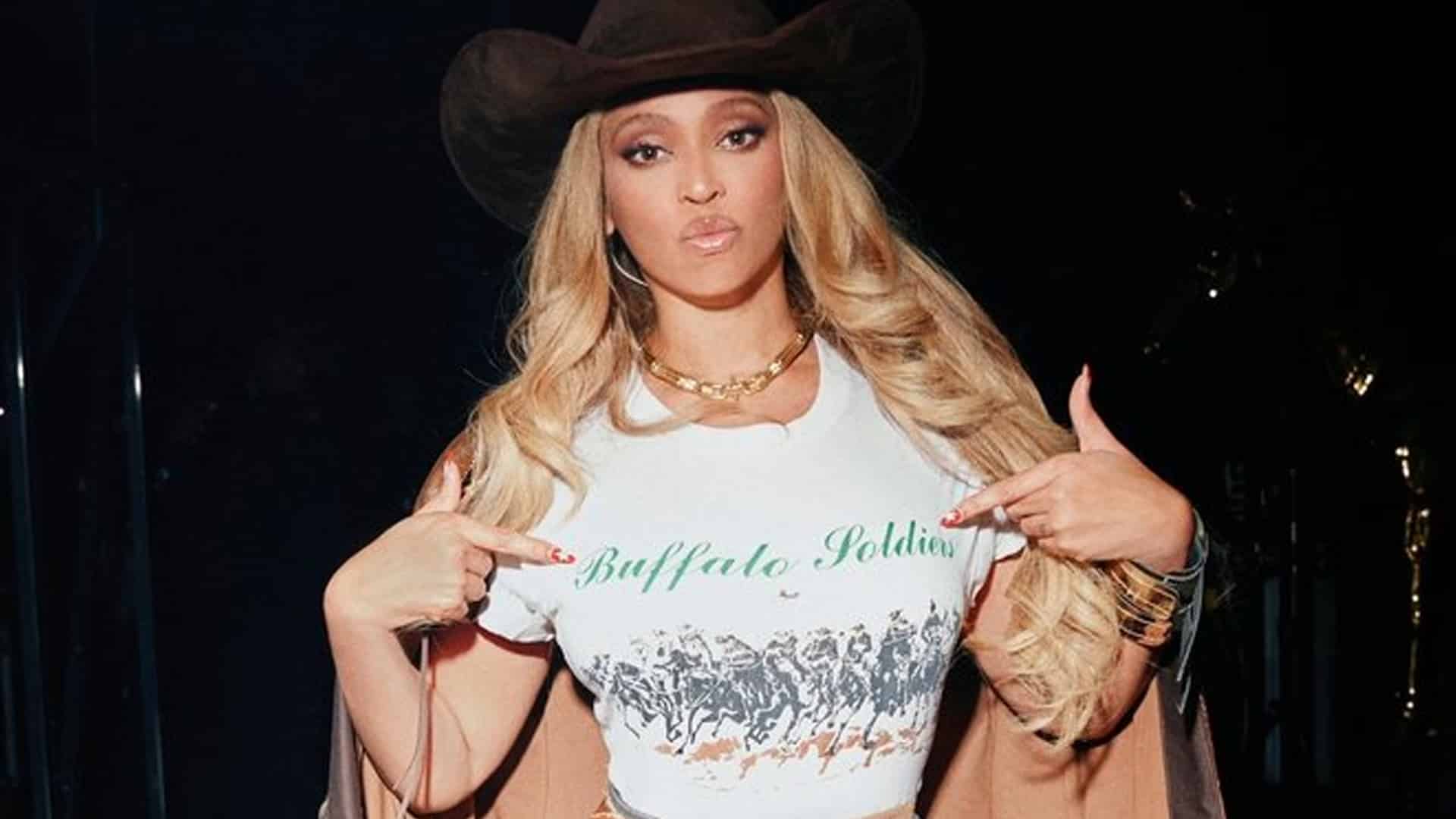In a time of loud, banging calls for diversity, inclusivity, and other progressive agenda on the doors of the music industry, country music remains deaf – fortified in its roots of mainstream conservatism with their walls painted red. The genre is still hung up on their traditional tropes about crooning men and liquor, crying women and heartbreaks, and religion and patriotism. And it’s reeling millions in profit.
That’s why if any country music artist dares to speak up out of these walls, they risk not only losing their listeners but probably their whole career as well.
RELATED: 15 Facts About T.J. Osborne That You Should Definitely Know
We’ve seen it firsthand happen with the Chicks, formerly known as the Dixie Chicks, in 2003. The band’s leader, Natalie Maines, expressed her criticism of the Iraq War, which then led to their exile from the genre and cost them years on the blacklist. And exactly as Taylor Swift put it in her interview with Variety in 2020, “You’re always one comment from being done.” Taylor has been apolitical until recently in 2018, when she finally broke her silence to advocate for two Democratic candidates in Tennessee. And her decision to do so definitely earned her a lot of undeserved hate, with people telling her to just sing and shut her mouth.
Earlier last year, T.J. Osborne, the lead vocalist of the country duo Brothers Osborne, was fearless as he shook the industry’s status quo with a historic public announcement. In an interview with Sam Lansky for TIME magazine, the 36-year-old country musician revealed that he is gay.
Holding Back
Thomas John Osborne, or more popularly known as T.J. Osborne and one-half of Brothers Osborne, grew up in Deale, a blue-collar town in the south of Maryland. He and his big brother John also known as Big John (his other half), and sister Natalie have always been musically-inclined, and they would always perform in Big John’s blues band in different local shows. But aside from his love for music, he also soon discovered that he is gay.
But even though T.J. knew this, it took a long time for him to come out to family and friends.
In his interview with TIME, he described going through that experience alone as lonely and isolating that it made him resent people. And one of the most painful memories he had happened in his early twenties. He went through his first heartbreak, and he was so mad that no one knew why he was hurting. So, he took all that anguish and turned them into words and then into music. In fact, one of the songs he wrote about the relationship titled “21 Summer” became a fan-favorite. Who wouldn’t? Anyone who has gone through that kind of pain would find themselves relating to the song’s nostalgic lyrics about cutoff jeans and hair blowing in the breeze. Oftentimes, T.J. found himself singing the song and wanting to cry though no one really knew how deep that song cut.
Despite the pain and struggle, T.J went on for years living in his secret. And it was only when he and his brother signed a publishing deal in Nashville that T.J. finally opened up to his brother about his sexuality. He was in his mid-twenties then. He was openly candid with his confession, while John remembered being emotional at the time because his brother was finally able to be completely honest with him. He also noted a very important question that anyone who feels different will truly resonate with:
How often, in life, do we hold back parts of ourselves and wish that we didn’t?”
Eventually, T.J. found the courage to come out to his family and the rest of his tight-knit family in Music City.
The brothers formed their duo in 2012, and as their career grew, they tried to make gestures towards progressive agenda, steering away from the gendered tropes common in country songwriting. They started by featuring gay and interracial couples in the music video of their single “Stay a Little Longer” back in 2015. The response was overwhelmingly positive, but in a genre that celebrated traditional values, it was not surprising that they still received hate reactions. And that definitely discouraged T.J. despite the affirmation and support from the people who knew him best. Aside from that, being closeted also put a lot of pressure on T.J.’ s personal romantic relationships.
The lockdown forced some introspection on his part, and he realized that he would end up waiting forever for a perfect moment to come out. Because the truth was there was no perfect moment.
So, at 36, he finally decided that he was ready to tell his story and put this behind him.
Telling His Story
As years passed, T.J. became more comfortable with his sexuality and for the most part, coming out publicly was not something he wanted to put a big deal out of. Not only was this something the country singer considered to be a minute detail about him, but times have also changed.
Back then, coming out celebrated visibility. Today, it celebrates subtlety.
Though for someone like T.J., a singer who has the platform to truly influence people, this can still be a blurred line. But as Lansky asked:
“What if being gay is a gift, and your gayness is not something to be tolerated but something to be celebrated, and even if untangling the shame and confusion of growing up gay in a straight world takes a long time, it’s worth doing so you can use your voice, not only to sing songs about cutoff jeans and hair blowing in the breeze but to say, clearly and unapologetically, that this is who you are? What if there are a lot of gay boys in small towns who haven’t figured it out yet and feel overwhelmed by snarky TV sidekicks and glittery pop stars bellowing self-empowerment anthems, and what if those gay boys in small towns got to have an avatar of their own—if they knew that someone like them was singing that song about cutoff jeans and hair blowing in the breeze on the radio? Isn’t that why we spend so much time talking about representation, because as much as it’s a burden, it’s also the only antidote to the loneliness of being different?”
At the same time, the country singer’s reservations were understandable – Lansky knew that too. Nashville and country music have been unwelcoming of change. Not to mention being queer was something way out of the traditional family values that the genre has long been known. Additionally, there’s also the fact that his coming out could be misconstrued as opportunistic and attention-seeking.
But ultimately, T.J. decided that he would stand up for himself and finally unmute that part of him that he has always been trying to go unnoticed. And at that moment, he felt like all the risks for his happiness outweighed everything else. He was right.
The Unmuted Impact
T.J. has had predecessors: Brandi Carlile, Orville Peck. Chely Wright, Bill Gilman. They’re openly queer artists who have both reached success and earned passionate fanbases. But T.J. Osborne is the first openly gay country artist signed to a major record label.
It was nothing short of a historical moment in the genre that could set a precedent to a more inclusive community. And that was exactly what he hoped for.
The country singer hoped that coming out would open more creative possibilities for the genre and also invite more people to listen to it. And for T.J. himself, coming out outpoured love and support for him that he didn’t really understand or expect. He never really thought how much this would resonate with people and more importantly, how much sense of a purpose it would give him.
And as Kacey Musgraves said, “Country music deserves a future even more honest than its past.”

